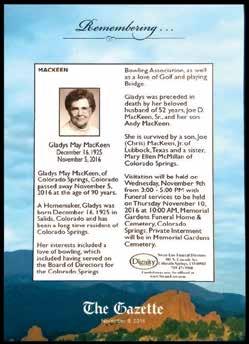




During a family’s time of sorrow, we want to reflect on the lives of those who have recently passed. The Gazette offers this special quarterly feature to commemorate and honor those we have lost.
This edition provides a listing of obituaries and memorials placed in The Gazette January 1 – March 31, 2025.


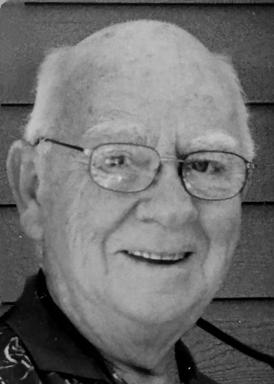
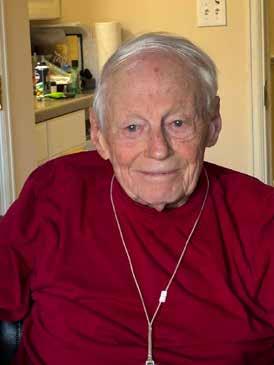


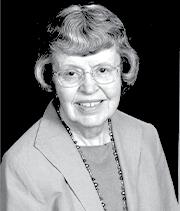
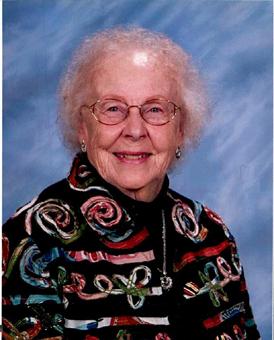
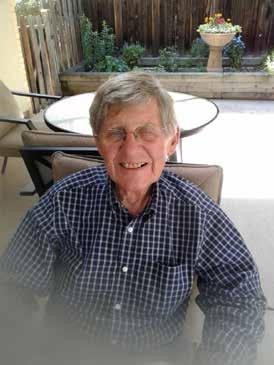
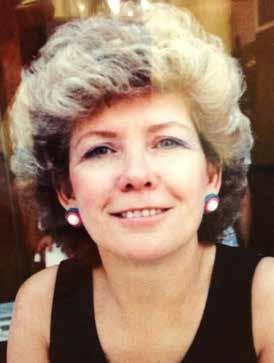
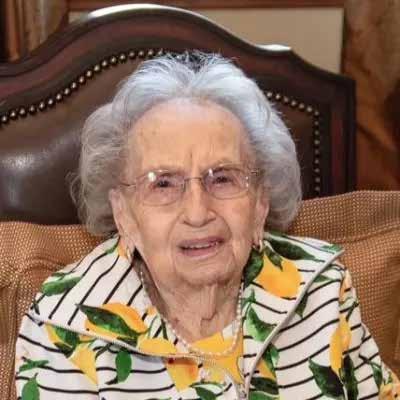
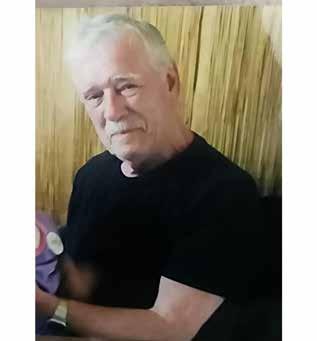


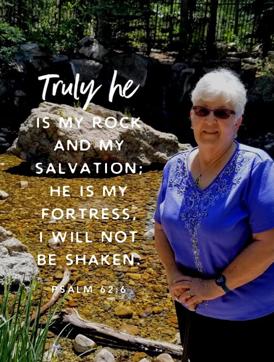

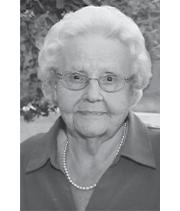
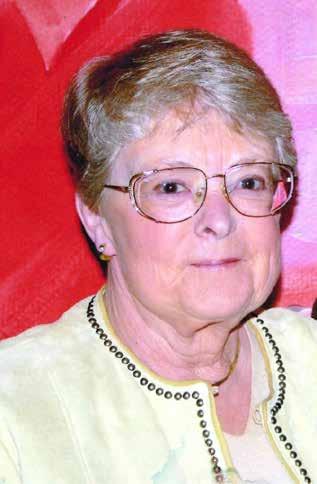
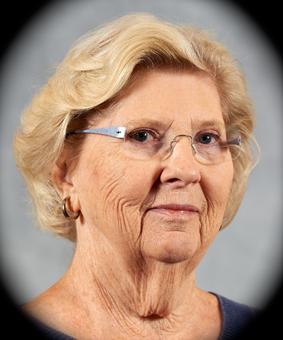
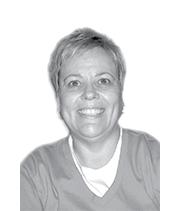




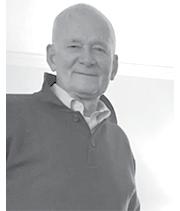

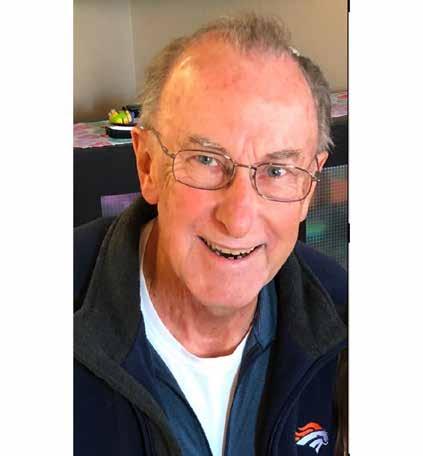
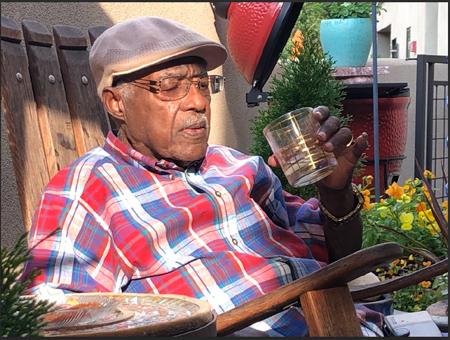
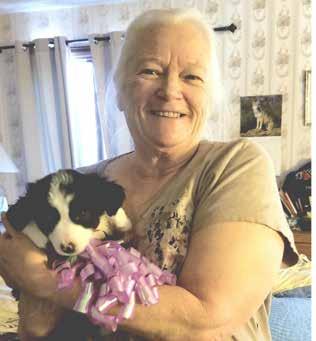

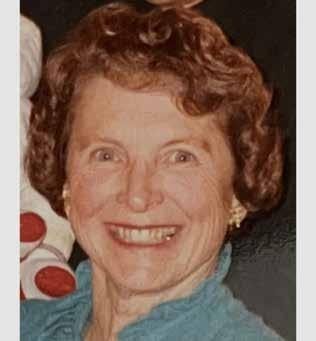
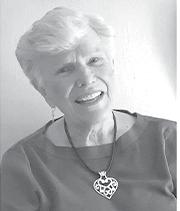
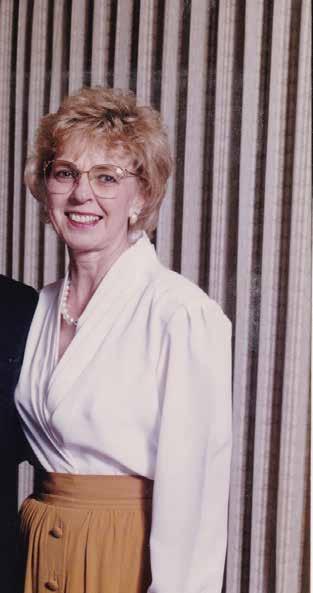





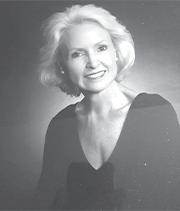


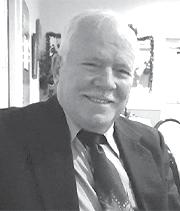
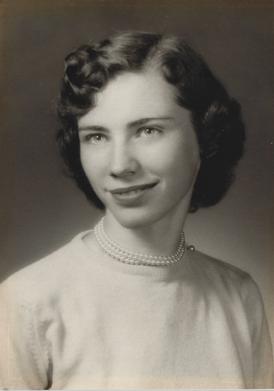
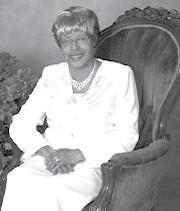



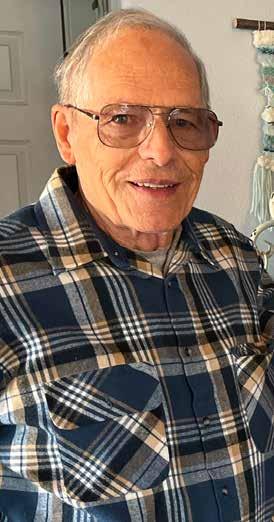
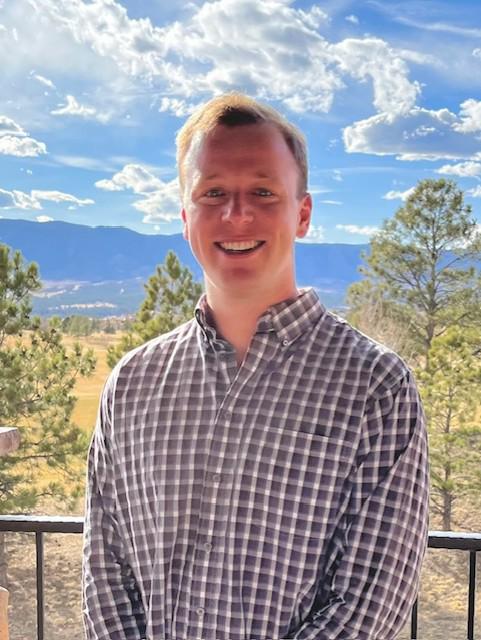

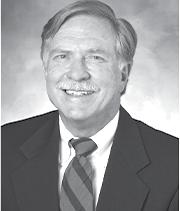
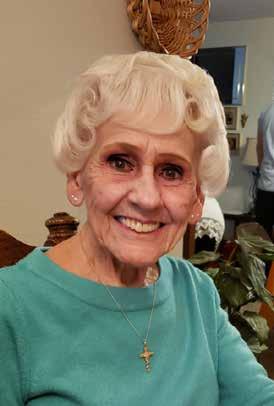
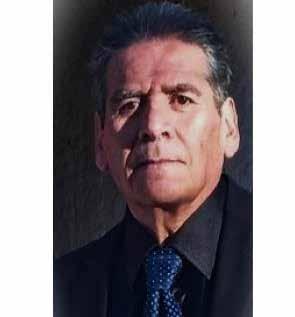


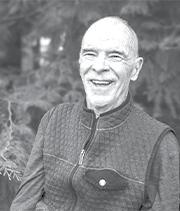

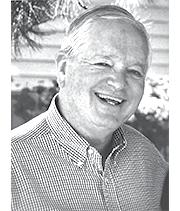
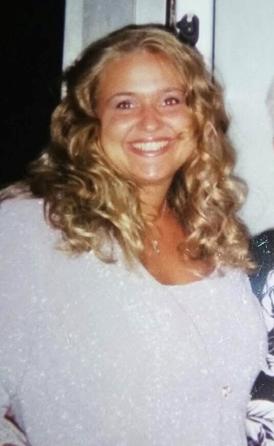

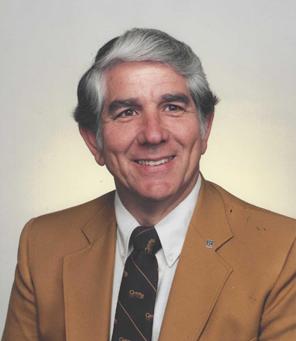

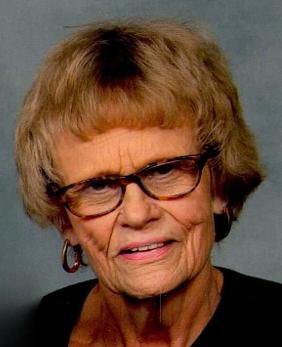
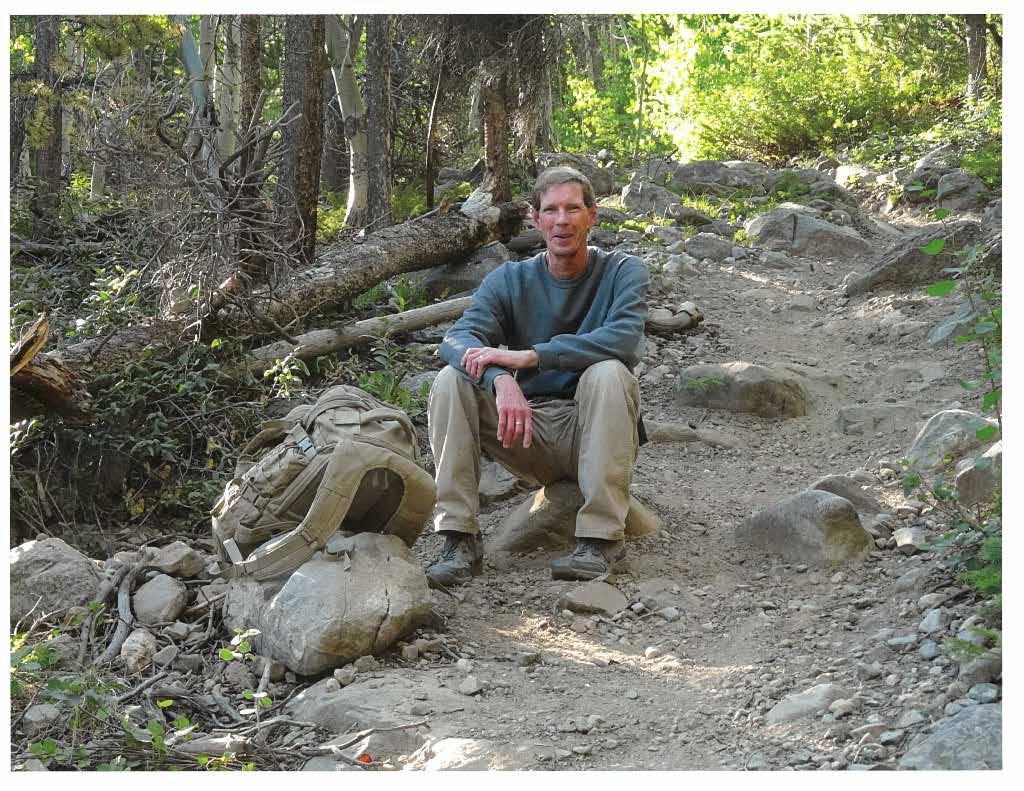
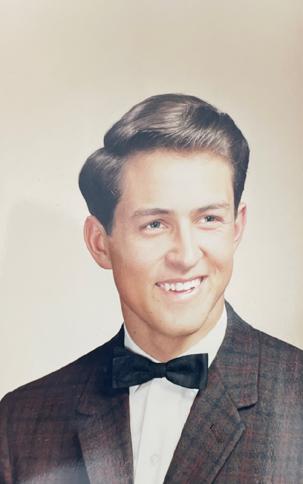

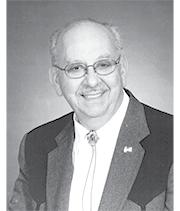

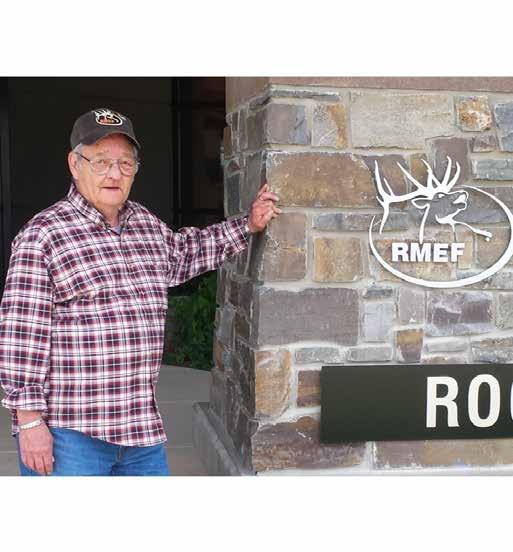
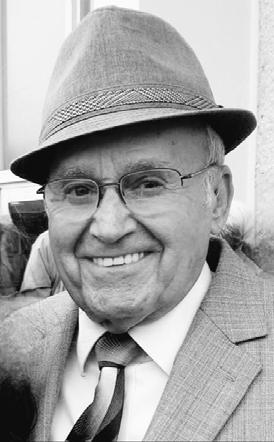

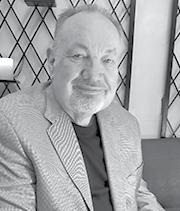

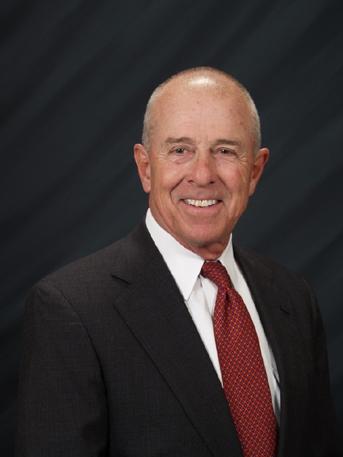

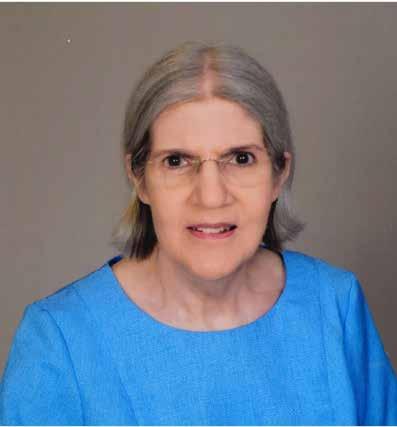


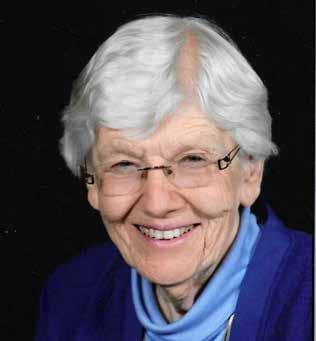
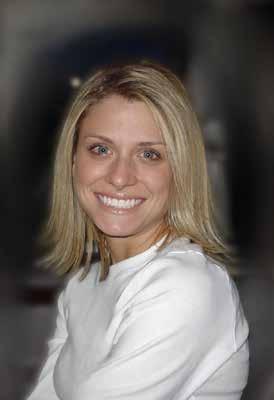

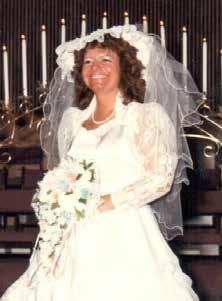

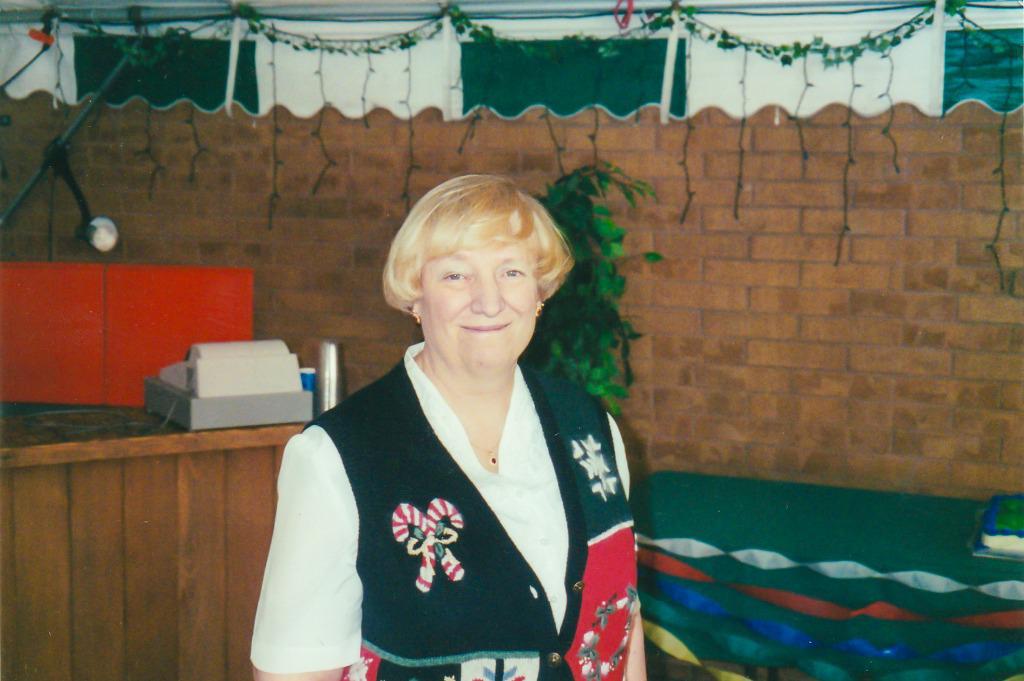




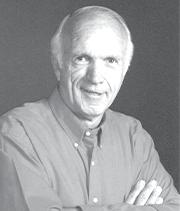
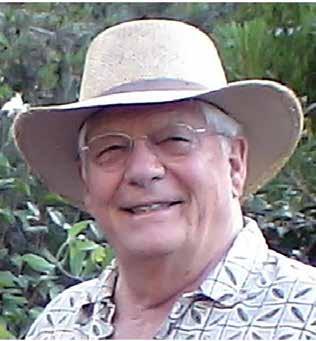



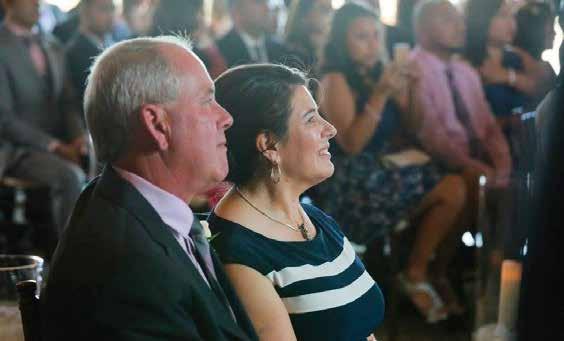


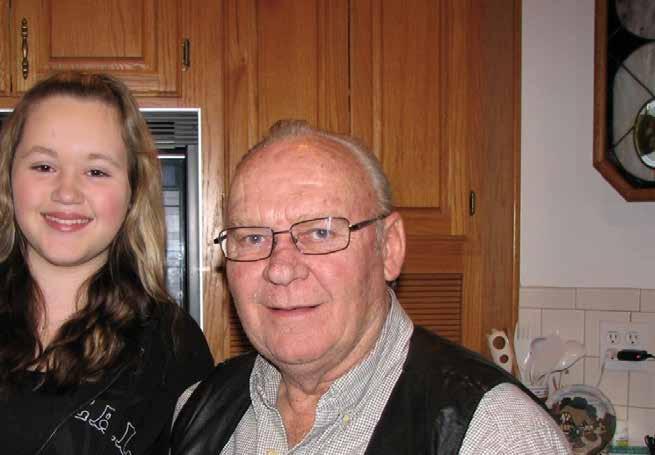

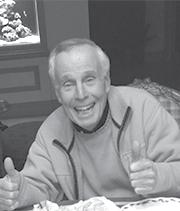
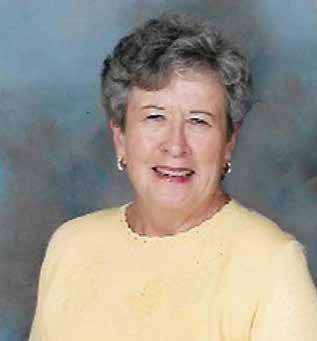

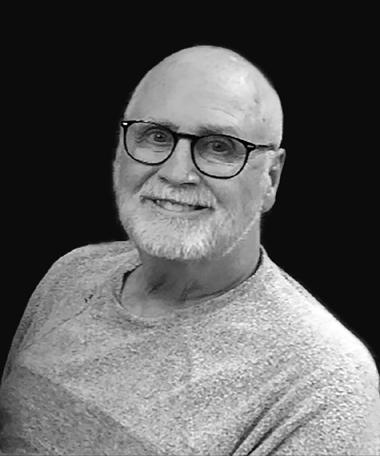

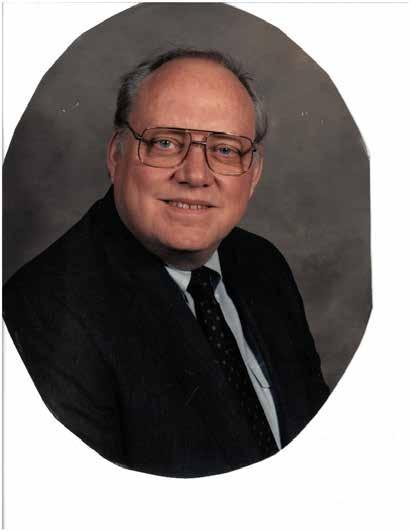

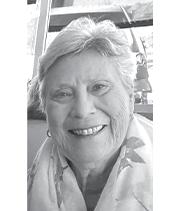
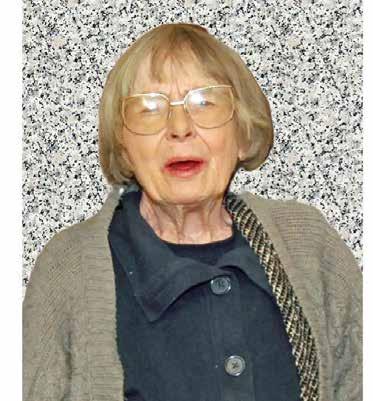
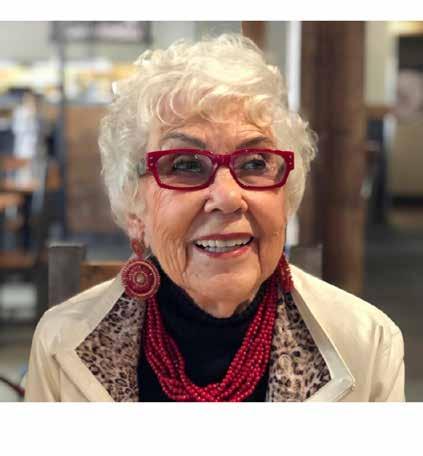
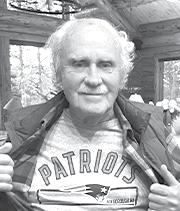
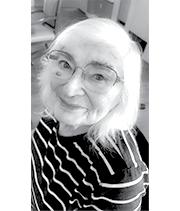

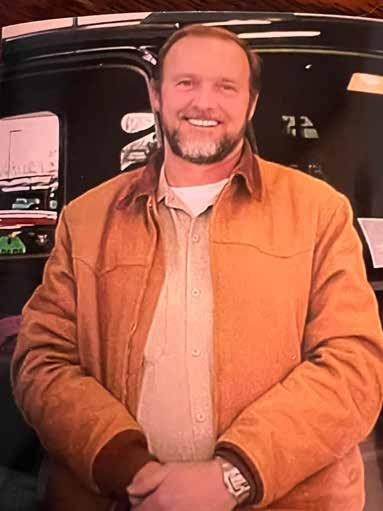
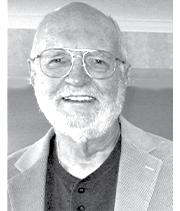





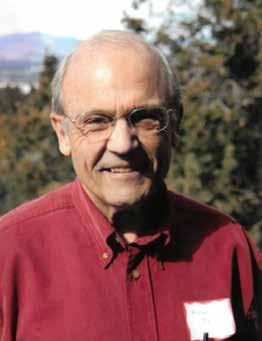





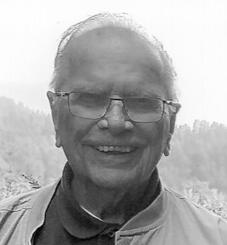

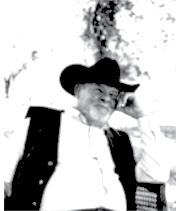
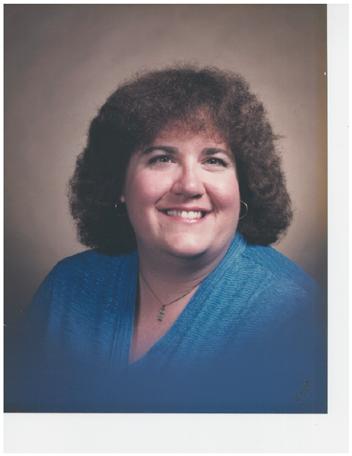
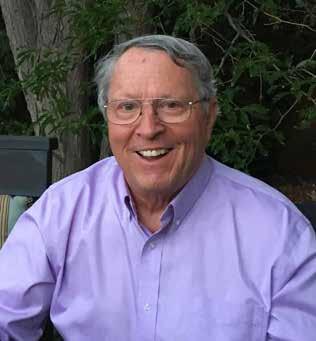
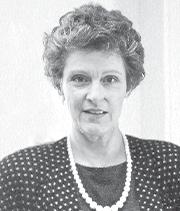


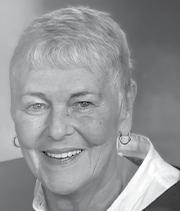
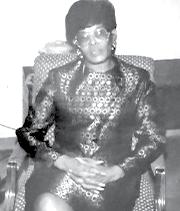
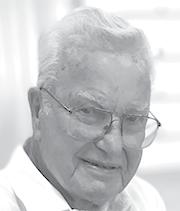

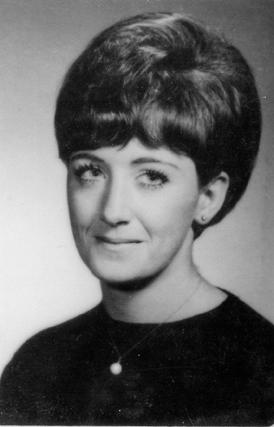
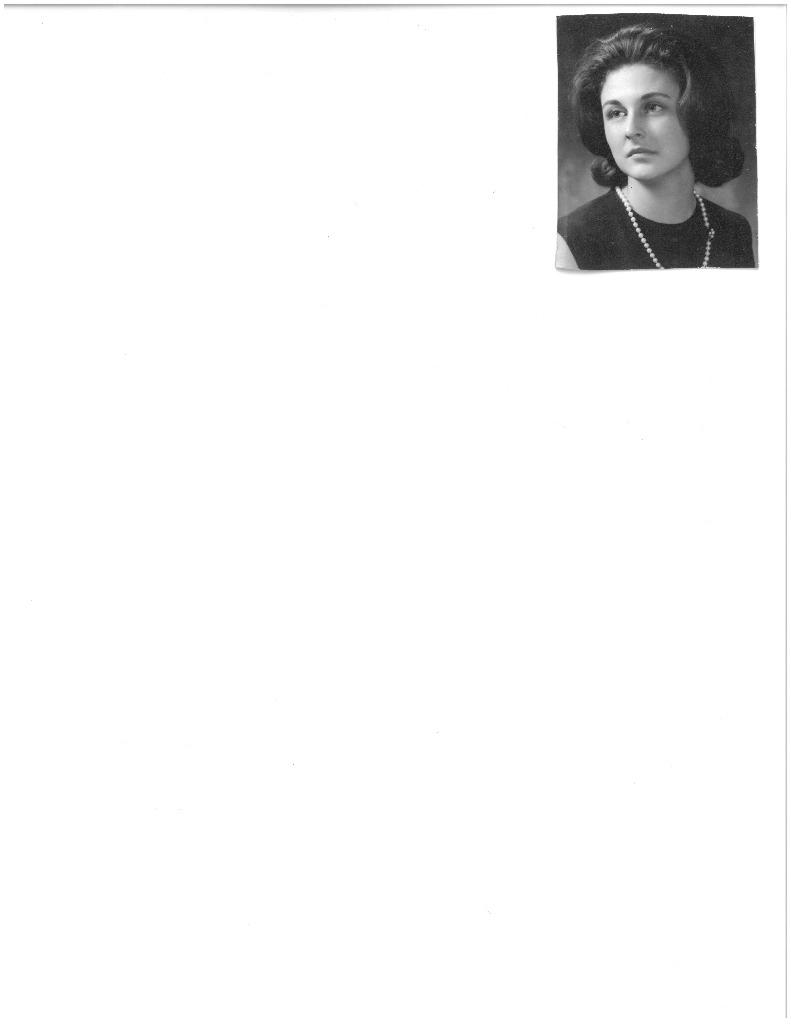
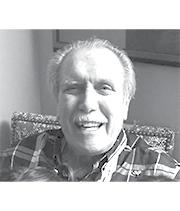
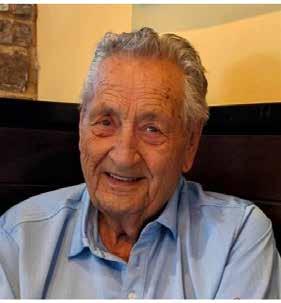
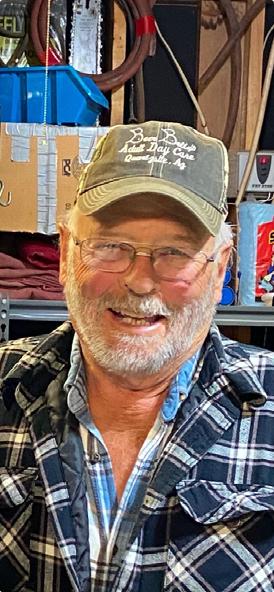


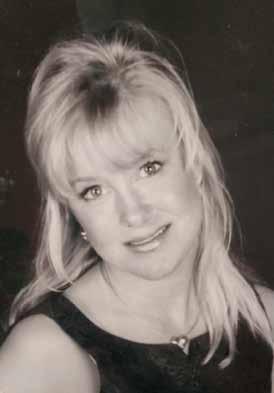

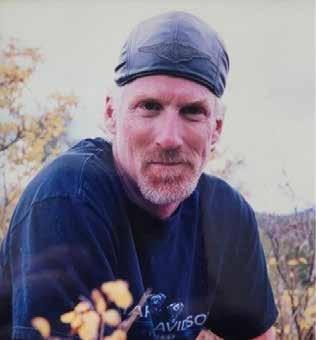

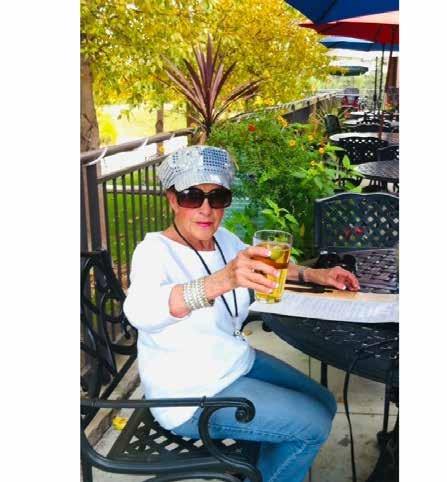

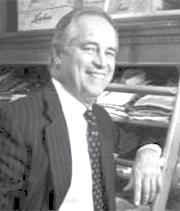





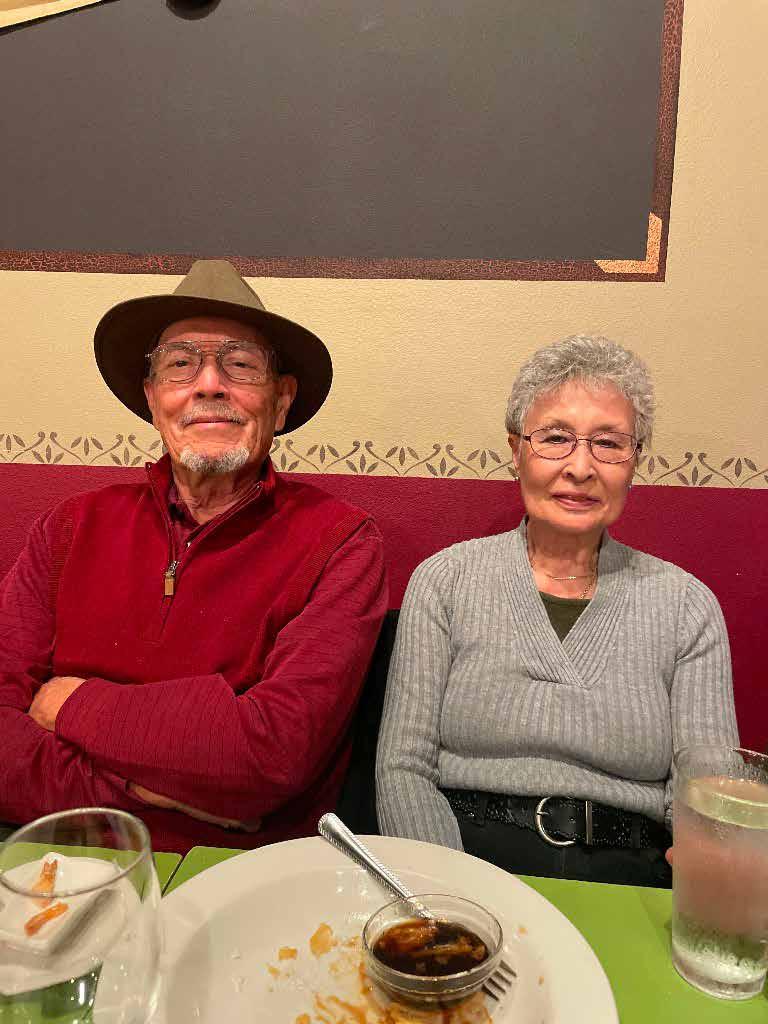
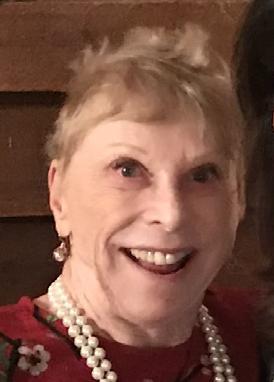


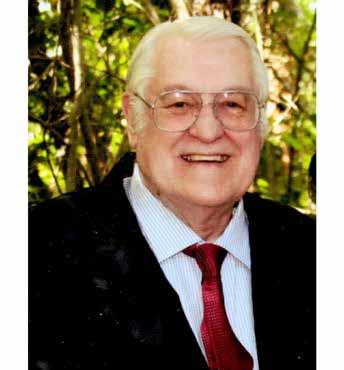
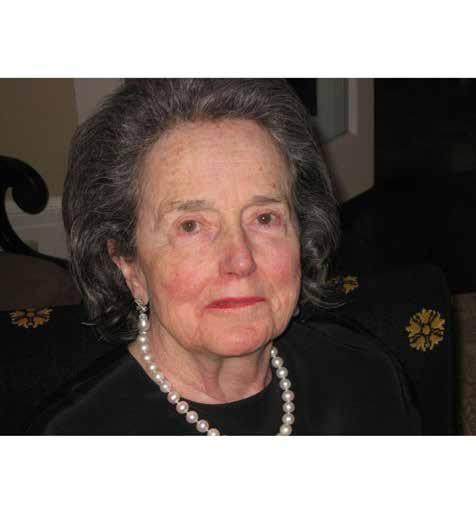

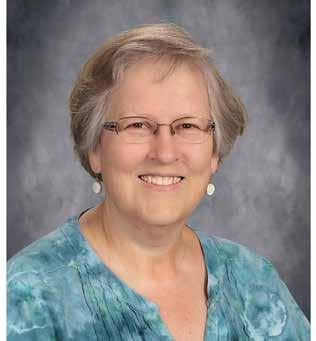
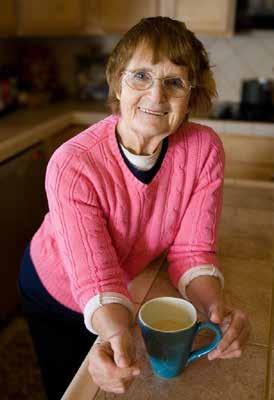
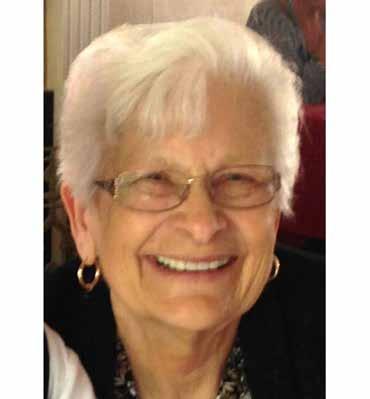
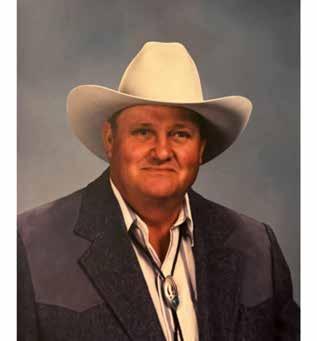


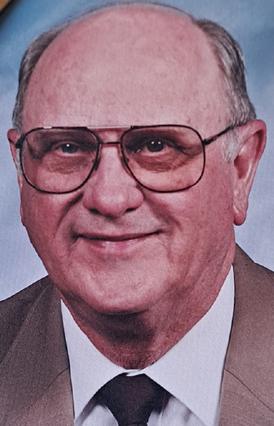
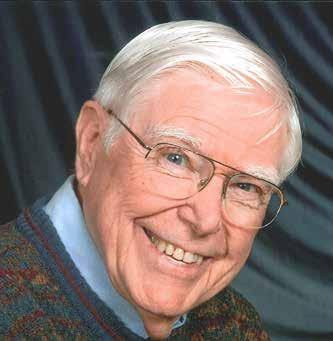
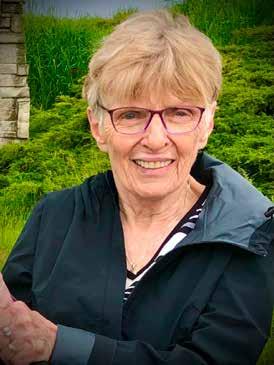


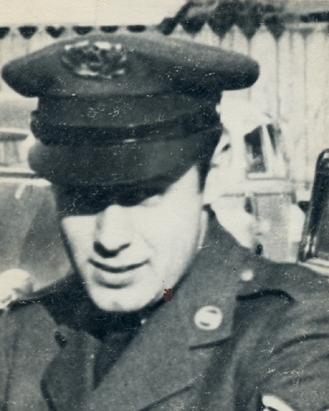



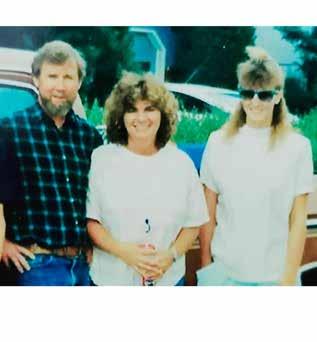
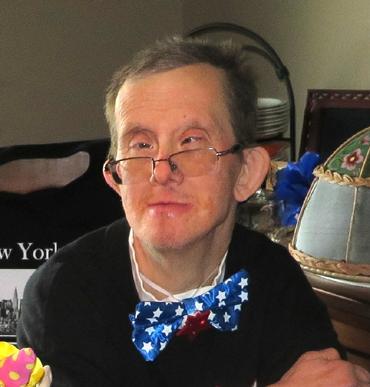






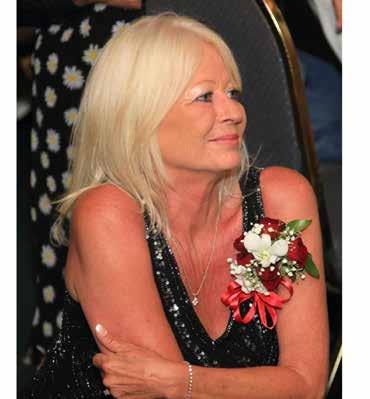
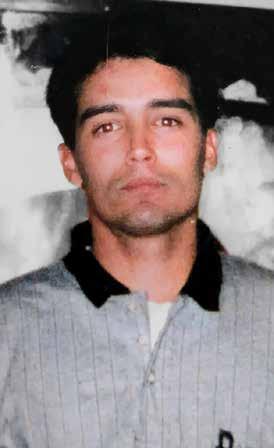


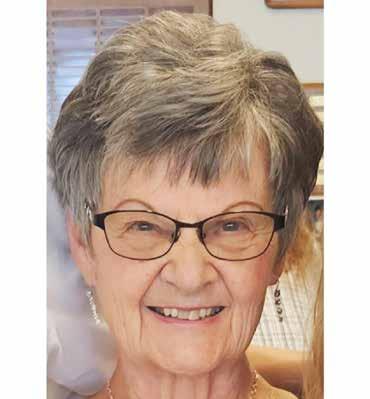


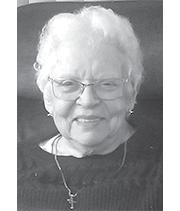
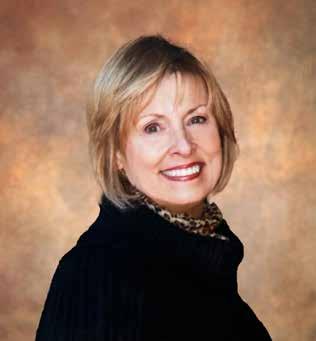
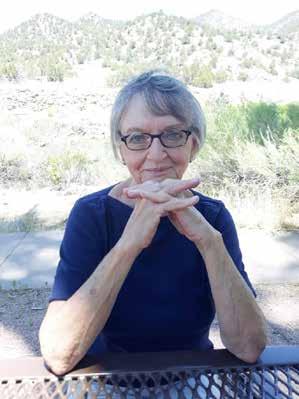



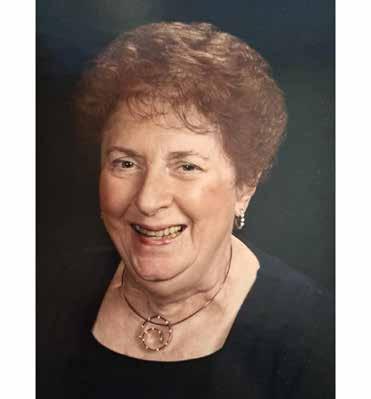
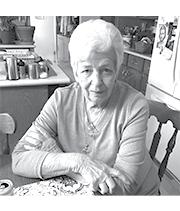

End-of-life planning can be hampered by misconceptions — but the process is easier than you might think
BY ANISAH BAGASRA, KENNESAW STATE UNIVERSITY THE CONVERSATION
During the COVID -19 pandemic, many people unexpectedly needed critical care such as ventilators but were unable to communicate their end-of-life wishes to their loved ones.
Researchers like me, who study death and dying, hoped that such scenes would spur more Americans to embrace end-of-life planning by discussing their wishes with family members and by completing an advance directive, which formalizes those wishes into a legal document.
Unfortunately, that did not happen. Prior to the COVID -19 pandemic about 1 in 3 Americans had an advance directive. That number has not increased post- COVID, even among those age 65 and older who were most vulnerable to hospitalization and death during the pandemic.
In the past five years, health care professionals and patient advocacy groups have tried to make advance care
planning easier by increasing public education and availability of advance directives in medical settings. But health care professionals frequently lack the time to broach these topics at routine visits or don’t feel comfortable having such conversations with their patients.
Conversations about death are difficult and trigger a great deal of anxiety for most individuals. I teach an undergraduate course on death and dying, which aims to decrease that anxiety and help people communicate more comfortably about issues relating to death. Students who take it report more comfort negotiating these difficult conversations with loved ones. But most Americans don’t receive such training.
My team’s research suggests that the biggest barrier to engaging in end-of-life planning is a lack of knowledge about advance directives and what it takes to complete one.
Advance care planning is the process of communicating with your loved ones about your medical wishes in case you are incapacitated and unable to make health care decisions for yourself. For example, you might discuss whether or in what circumstances you would want to be placed on a ventilator or kept alive on life support.
Many people find it helpful to state these wishes in an advance directive, a legally binding document in which they can also designate a health care agent. The agent agrees to uphold and advocate for these wishes in case of a medical emergency — for example, if the person is in a coma after a car accident. Medical facilities are required to honor an advance directive.
An advance directive does not address funeral planning or what to do with a person’s belongings. Those issues are addressed in a will or estate planning.
One major barrier to advance care planning is that many people simply don’t know much about it.
In a study I conducted with colleagues that will be presented at an upcoming conference, only 6% of 300 participants could clearly define advance care planning, and only 2% could accurately define advanced directives.
Even if people were aware of these concepts, they often had inaccurate ideas about them, our study showed. For example, many people assumed that advance directives are expensive, require a lawyer to complete like a will or estate planning, and are time-consuming.
In reality, advance directives can be completed for free. These documents are available online and through most medical facilities, and they can take as little as 30 minutes to fill out. Advance directives

are specific to the state in which you live and typically require the signatures of two witnesses who are not invested in your health care decisions, but they do not need to be notarized.
Although filling out the necessary document is less burdensome than many people assume, doing so requires speaking with family and friends to determine who understands your wishes and who would be willing to act as your health care agent. That requires more time and effort.
In focus groups we conducted with adults ages 20 to 68 and presented at a 2021 conference, most participants assumed their doctor would make decisions about interventions such as life support. In reality, people’s next of kin are tasked with making these difficult decisions.
What if your next of kin refuses to remove you from life support but you do
not wish to be kept alive? What if your next of kin are your three children and they cannot agree about what to do? What if it is an estranged spouse or parent?
These scenarios play out every day in medical facilities throughout the country, exacerbating the pain and anxiety already associated with end of life.
Even among hospice workers and funeral home directors who work directly with grieving family members, our research found that 39% did not have a designated health care agent. Their reasons included not feeling urgency for appointing a health care agent, lacking time or knowledge about advance care planning, and not having anyone to designate as a health care agent.
The first step to carrying out advance care planning is to think about what you
want. Do you want to be kept alive by any means necessary? Or would you prefer to not be kept alive with a feeding tube if you are in a coma or persistent vegetative state?
Second, identify one or more people who you feel could make sound decisions on your behalf in a medical emergency. You can usually designate up to three people who can serve as a health care agent in case your first agent cannot be reached. Once you have identified at least one person, carve out time to talk with them about whether they are willing to take on the role and what your wishes are for your end-of-life care.
You can explore resources provided by organizations such as The Conversation Project and the National Institute on Aging to help you navigate these steps.
The next step is simple — download an advance directive form or obtain one from your hospital and fill out the
name of your designated agent and their contact information. You can also fill out the section indicating your wishes about life support and other lifesaving measures so that there are no doubts about your wishes. Ask two friends or co-workers to witness and sign. You can speak with your doctor’s office about adding your advance directive to your electronic medical records, give a copy to your health care agent and keep a copy at home in a prominent place. Then you can breathe a sign of relief knowing that in the event of a sudden illness or accident, you are saving your loved ones from a gutwrenching decision or a big argument about your care. ❦
The Conversation (https://theconversation .com/us) is an independent and nonprofit source of news, analysis and commentary from academic experts.
If you are thinking about making a career change, re-evaluating your longterm career path or looking for a career with purpose, there is one path you may not have considered — and it might be the perfect fit: funeral service.
Consider this: Funeral service is facing a critical shortage of skilled professionals in the next decade due to retiring funeral homeowners and rising death rates. In fact, the National Funeral Directors Association estimates 5,700 openings for funeral service workers during each of the next 10 years.
In a world where Gen Zers said having a sense of purpose is important to their overall job satisfaction and well-being, according to a study by Deloitte, there is an opportunity for business-minded individuals, young professionals and those seeking second career paths to explore this distinguished and fulfilling profession. While one in 10 (12%) adults would consider a career as a funeral director, Gen Zers
(44%) and millennials (38%) admit they do not know enough about the profession, based on a survey by the NFDA
There are several reasons to consider funeral service as a career, whether you are a new grad, a young professional looking to get your foot in the door or someone with years of experience who would like to test your transferable skills in a new career.
Funerals and memorial services are an important part of the grieving process and an opportunity for family and friends to gather to comfort one another and say goodbye to their loved one.
Funeral directors are not just in charge of logistics. They play a vital role in helping families navigate one of the most challenging times in their lives. They provide emotional support, guide families through funeral arrangements and ensure the service honors the deceased’s life.
Funeral directors are often deeply involved in the communities they serve, volunteering with local nonprofit and community organizations, sponsoring little league teams and organizing collections for troops overseas. This sense of community extends beyond the immediate responsibilities of the job, as many funeral directors take on the role of mentors and leaders, guiding the next generation of professionals.
“As I look ahead to the next 15 years of my career and beyond, I ask myself one question and encourage others to do the same, no matter what career they are in: Are you doing the work to inspire a new generation of leaders and being the person you needed when you first started out?” said Allyse Worland, CFSP, licensed funeral director. “For me, the answer is always yes, and I am excited to see what the future holds.”
A career in funeral service offers the opportunity to own your own funeral home. With experience and business skills, you can manage and grow a company that provides essential services to your community. It is a unique blend of compassion and entrepreneurship, allowing you to make a meaningful impact while running a successful business. If you are looking for a meaningful career that combines purpose, community and the opportunity for growth, funeral service might be the path for you. With the occupation’s demand for skilled professionals on the rise, now is the time to consider how you can make a difference in the lives of others while shaping the future of a growing profession.
Learn more about a career path in funeral services and take a quiz to determine whether it is right for you by visiting rememberingalife.com/careers. ❦


The Gazette accepts obituaries, death notices, celebrations of life, service information and life tributes as paid notices. The deadline is 2 p.m. Monday – Friday for the next day’s publication; 3 p.m. Friday for Sunday and Monday publication.

Notices may be sent by email to obits@gazette.com or submitted at placead.gazette.com/adportal/gaz-obits/index.html or submitted by mail to:
The Gazette Obituaries/Celebrations of Life Desk 30 East Pikes Peak Avenue, Suite 100 Colorado
If you need further assistance, please call 719-636-0101.


The Gazette celebrates, Weddings, Engagements and Anniversaries; plus Moms, Dads and Grads!
Share your happy occasions across the Pikes Peak region.
Place your announcement by calling 719-636-0101 or email details to announcements@gazette.com


When you place an obituary notice or celebration of life in The Gazette, you may order a special keepsake to remember your loved one. This beautiful handmade plaque is composed of the obituary and the name of our newspaper, along with a beautiful graphic. Bookmarks are also available. For additional memorial options, please call 719-636-0101.







